UK's supercomputing industry 'needs to collaborate to survive Brexit'
Tech firms say Britain's commitment to the tech needs to match the EU's

Having emerged in the 1950s, it's fair to say that supercomputers have undergone a great deal of transformation over the decades. Modern high-performance computing (HPC) technologies are powered by thousands of computer cores and are capable of performing hundreds of quadrillions of floating point operations per second (FLOPS).
Viewed as an important part of computational science, the power of these systems is being deployed in areas such as quantum mechanics, engineering, aerospace, weather forecasting, climate surveying, oil and gas, life sciences and defence.
Out of the world's 600 fastest supercomputers, more than half of them are based in either the United States and China, however, a significant chunk is housed in Europe. In the UK, there's already a growing sense from the government, academia and industry that HPC systems hold massive economic potential.
Companies such as Hewlett Packard Enterprise are already developing and funding a steady HPC scene in the UK, but some are worried that Brexit could hamper this success. For instance, at the start of the year, the European Union launched a bloc-wide $1.2 billion supercomputing plan that could potentially exclude the UK.
The question is, will the country be able to overcome these worries in the years to come?
New developments
Britain's supercomputing market is being led by a range of technology giants. For instance, in April, Hewlett Packard Enterprise teamed up with Arm and SUSE to install one of the largest supercomputing systems in the world.
The hardware, which will be available to companies and educational organisations developing business and productivity systems, will be housed at the University of Edinburgh, the University of Bristol and the University of Leicester.
Sign up today and you will receive a free copy of our Future Focus 2025 report - the leading guidance on AI, cybersecurity and other IT challenges as per 700+ senior executives
Set to be installed by this summer, the three supercomputer clusters will form part of a three-year project called Catalyst UK, sporting 12,000 Arm-based cores, two 32 core Cavium ThunderX2 processors and 128GB of memory with 16 DDR4 DIMMs. As for the operating system, the computers will be fitted out with the SUSE Linux Enterprise Server for HPC. The clusters will span across two computer racks and consume 30 kW of power.
Having completed a range of high-performance computing projects in the US, Mike Vildibill, vice president of the advanced technologies group at Hewlett Packard Enterprise, said the firm chose to expand to the UK because of the diverse range of technical talent available.
"We targeted the UK specifically as the starting place for this due to the wealth of HPC/scientific skillsets dispersed amongst UK's many HPC-enabled universities. Our motivations remain the same accelerating the development of a new ecosystem, fostering knowledge, creating opportunities for competitive advantage, and enabling new paradigms for computing. Through this extension of our wider efforts we look forward to seeing this ecosystem continue to grow and flourish over the next few years," he tells us.
The UK connection
Vildibill believes that, in the near future, there will be an "insatiable demand" for supercomputing systems.
"Fundamentally, many HPC applications involve the modelling and simulation of physical phenomena. Whether this be sub-atomic, or galactic in scale, it doesn't matter. The number of things we would like to model and simulate are near-infinite," he tells IT Pro.
However, while the opportunity certainly exists and investment is growing, there's a concern that the well of funding, talent and resources that the UK has enjoyed until now could dry up once the country leaves the EU.
Vildibill admits it's a balancing act, but he is confident that the UK will continue to drive supercomputing projects across the continent provided the country is able to foster collaboration.
"The EU as a partner is preparing to make deep investments into exascale computing, but as we have demonstrated with the Catalyst UK programme, the UK also brings valuable talents to the table.
"What is of fundamental importance as we approach exascale computing is the value to open systems frameworks that allow all of industry to collaborate and to compete in a manner that advances the technologies and benefits the customers across the board," explains Vildibill.
A promising future...
Lenovo is another global technology company that sees potential in the UK's supercomputing market. Guy England, who heads up the company's data centre operations, says new and exciting HPC projects are always popping up across the country.
"The UK is hot on the heels of the worldwide supercomputing market, dominated by the likes of the United States, China and Japan. Currently home to 15 of the world's most powerful commercially available computer systems, the UK supercomputing market has largely been driven by the acceleration of scientific research undergone in universities," he says.
He believes that it's the variety in the application of supercomputing projects that are likely to boost UK investment going forward, whether that be in deep storage, big data analytics, web platforms for bioinformatics or AI services.
That means that regardless of Brexit, "the success within research institutions and the continued investment in AI and HPC will further drive the growth of the supercomputer market outside of the academic sphere and into the enterprise".
Businesses themselves are now producing tremendous volumes of data, especially with increased adoption of IoT technologies, and will see the benefits of faster data insights," says England.
... but a future dependent on skills
That's not to say that the industry doesn't have its fair share of challenges, chief among them being a widening digital skills gap.
John Newton, founder and chief technology officer of Alfresco, agrees with Vildibill and England that the UK is well-placed to harness the potential of supercomputing thanks to a thriving technology science and world-leading universities. But he warns that things may not be as clear as the Brexit deadline comes closer.
"The prospect of Brexit is clouding the picture somewhat," says Newton. "Technology is evolving at a rapid pace and we are seeing enormous advancements in new areas like artificial intelligence, microservices and supercomputing,"
The problem is that despite the development of these industries, it will be "the next generation of computer scientists not the current one that will fully realise the potential".
"We've known for some time that the UK isn't training enough home-grown computer scientists," says Newton, "and as a result we've had to rely on foreign students and highly-skilled immigrants."
Newton argues that it's currently unclear how the UK will source talent once it leaves the EU, or whether it can even sustain the necessary pipeline.
When the UK does leave the EU, the government will have to find a way to prioritise access to highly-skilled technology professionals to safeguard and build on the UK's leadership position in innovation and harness the potential of supercomputing," says Newton.
Image: Shutterstock
Nicholas Fearn is a freelance technology journalist and copywriter from the Welsh valleys. His work has appeared in publications such as the FT, the Independent, the Daily Telegraph, the Next Web, T3, Android Central, Computer Weekly, and many others. He also happens to be a diehard Mariah Carey fan. You can follow Nicholas on Twitter.
-
 Gender diversity improvements could be the key to tackling the UK's AI skills shortage
Gender diversity improvements could be the key to tackling the UK's AI skills shortageNews Encouraging more women to pursue tech careers could plug huge gaps in the AI workforce
-
 Researchers claim Salt Typhoon masterminds learned their trade at Cisco Network Academy
Researchers claim Salt Typhoon masterminds learned their trade at Cisco Network AcademyNews The Salt Typhoon hacker group has targeted telecoms operators and US National Guard networks in recent years
-
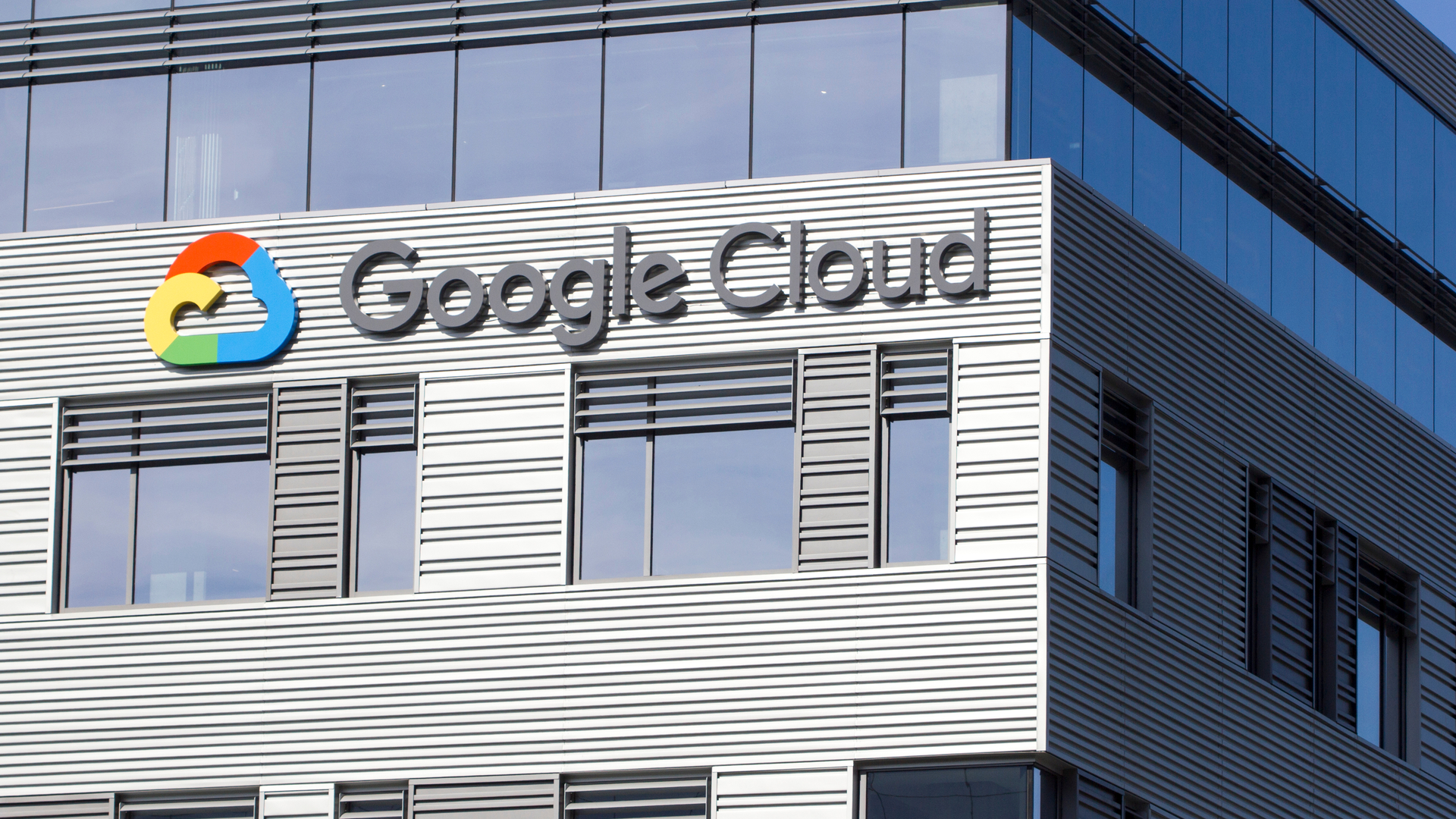 Google claims its AI chips are ‘faster, greener’ than Nvidia’s
Google claims its AI chips are ‘faster, greener’ than Nvidia’sNews Google's TPU has already been used to train AI and run data centres, but hasn't lined up against Nvidia's H100
-
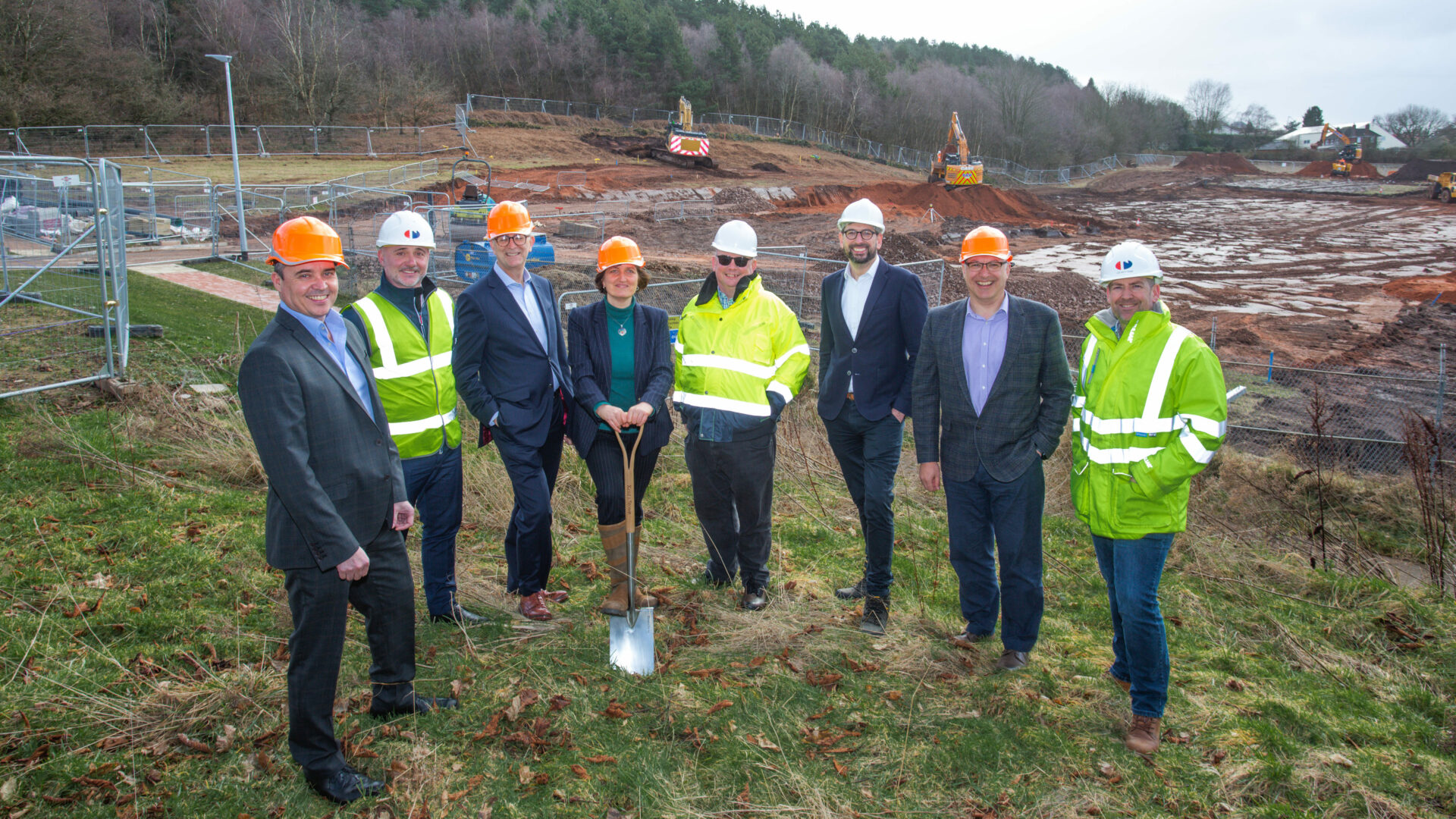 £30 million IBM-linked supercomputer centre coming to North West England
£30 million IBM-linked supercomputer centre coming to North West EnglandNews Once operational, the Hartree supercomputer will be available to businesses “of all sizes”
-
 How quantum computing can fight climate change
How quantum computing can fight climate changeIn-depth Quantum computers could help unpick the challenges of climate change and offer solutions with real impact – but we can’t wait for their arrival
-
 “Botched government procurement” leads to £24 million Atos settlement
“Botched government procurement” leads to £24 million Atos settlementNews Labour has accused the Conservative government of using taxpayers’ money to pay for their own mistakes
-
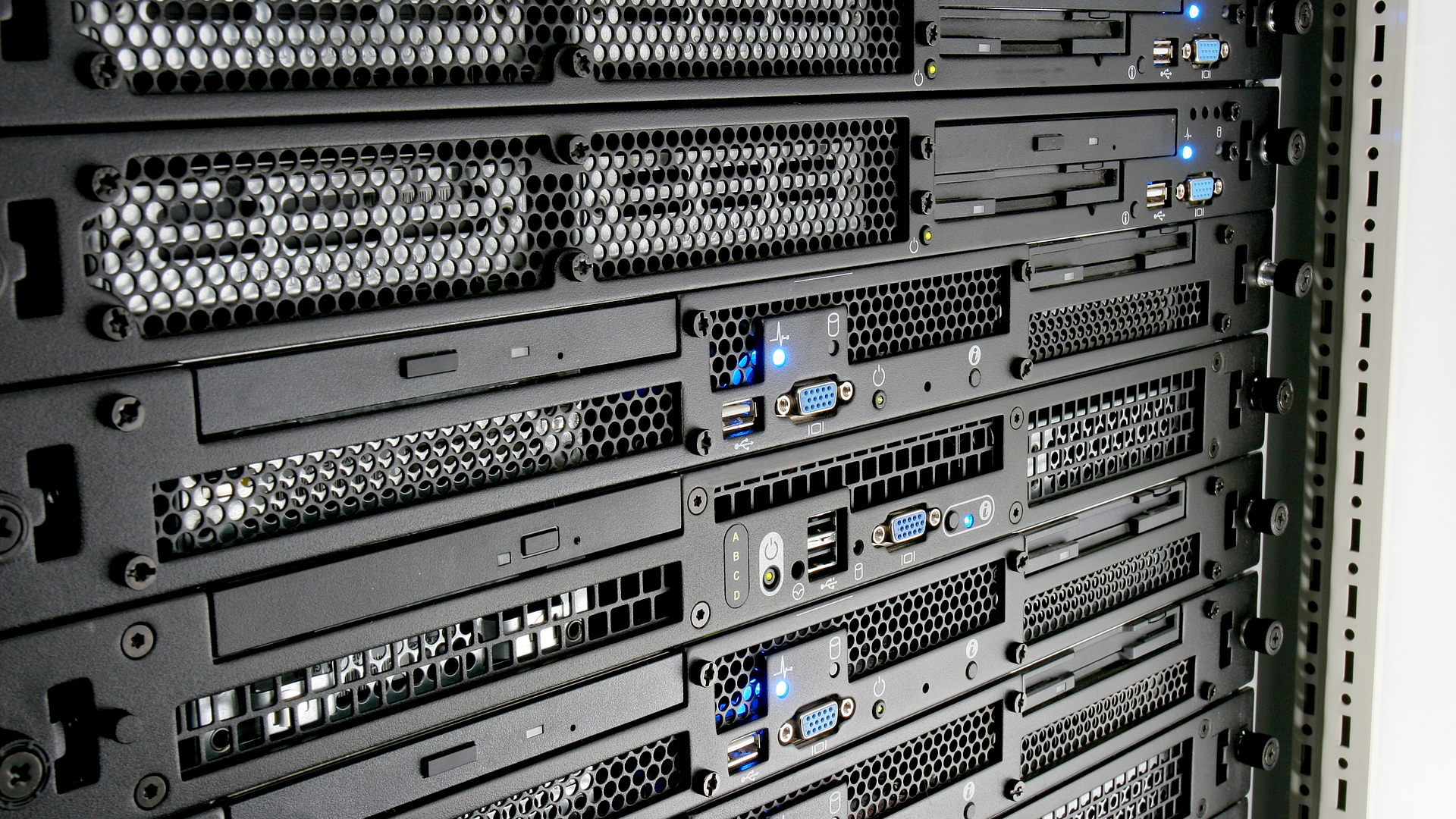 Dell unveils four new PowerEdge servers with AMD EPYC processors
Dell unveils four new PowerEdge servers with AMD EPYC processorsNews The company claimed that customers can expect a 121% performance improvement
-
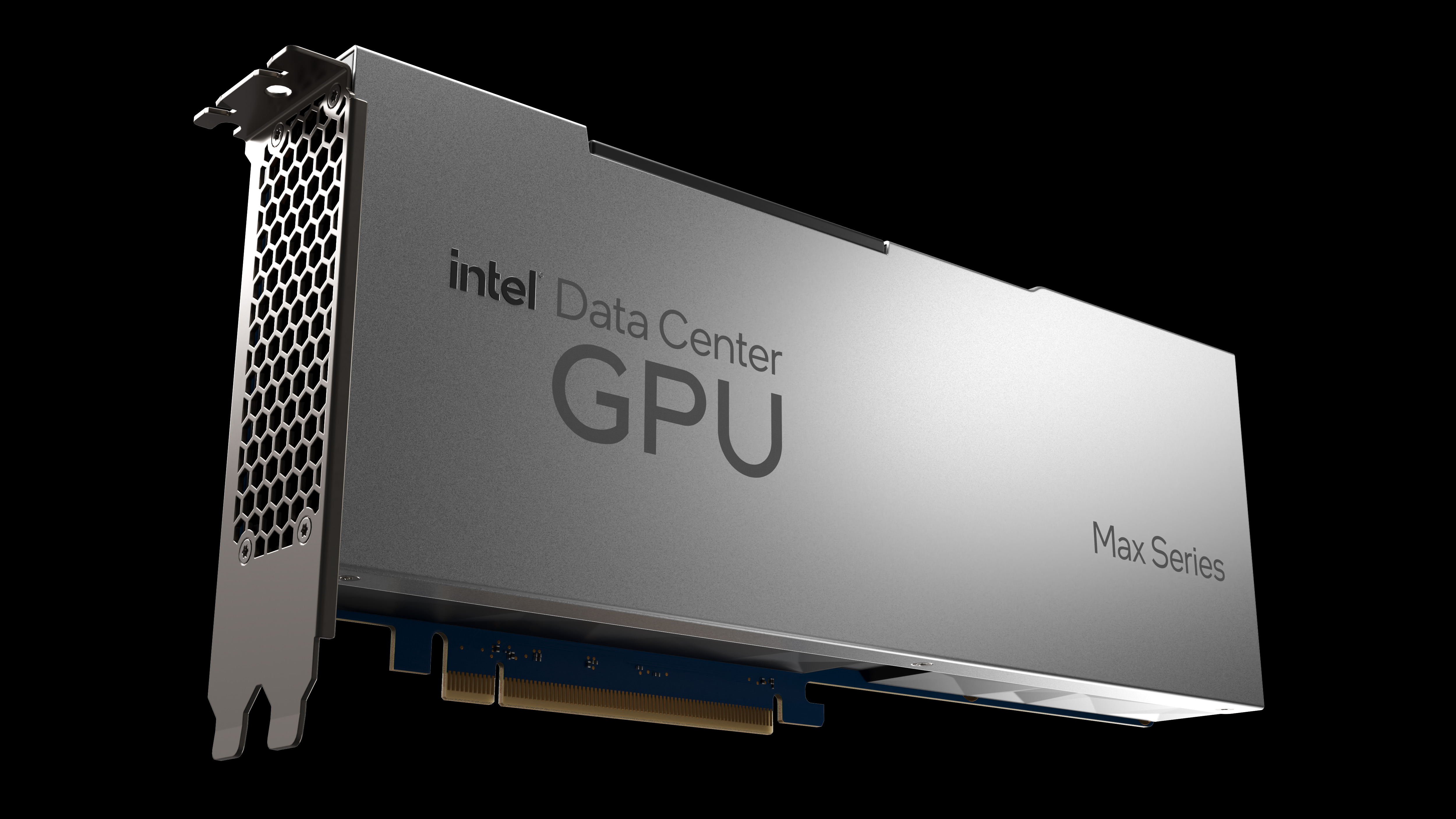 Intel unveils Max Series chip family designed for high performance computing
Intel unveils Max Series chip family designed for high performance computingNews The chip company claims its new CPU offers 4.8x better performance on HPC workloads
-
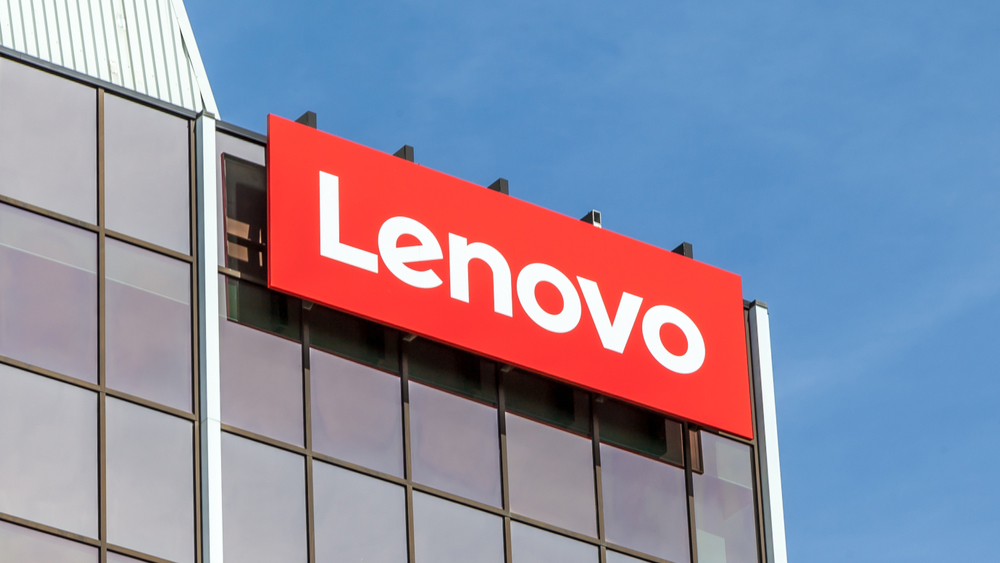 Lenovo unveils Infrastructure Solutions V3 portfolio for 30th anniversary
Lenovo unveils Infrastructure Solutions V3 portfolio for 30th anniversaryNews Chinese computing giant launches more than 50 new products for ThinkSystem server portfolio
-
 Microchip scoops NASA's $50m contract for high-performance spaceflight computing processor
Microchip scoops NASA's $50m contract for high-performance spaceflight computing processorNews The new processor will cater to both space missions and Earth-based applications